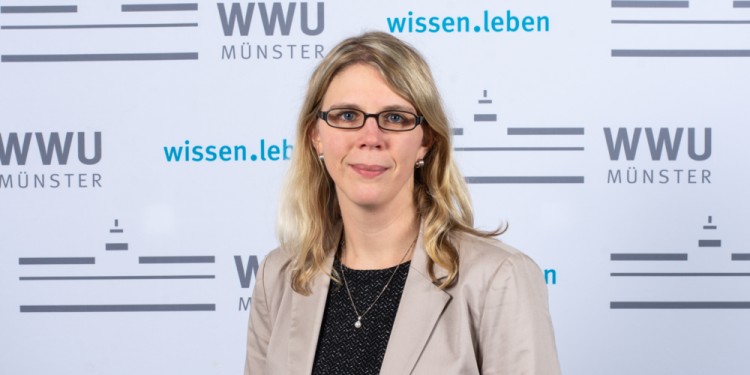
Julia Metag admitted to Academia Europaea
The scientific society "Academia Europaea" has admitted Prof. Dr. Julia Metag from the University of Münster. The 37-year-old communication scientist is one of the youngest members whose outstanding scientific achievements have been honoured with admission to the society. She is also the second researcher of Münster University who is represented in the section "Film, Media and Visual Studies".
Julia Metag's research focuses on the interactions between public communication and the societal fields of science and politics. In numerous research projects and international publications, she examines, for example, how citizens inform about scientific issues and how information behaviour effects attitudes towards science and research. She is also co-head of the Swiss Science Barometer and a member of the expert group "Communicating Sciences and Arts in Times of Digital Media" of the Swiss Academies of Arts and Sciences.
Scientific career
Julia Metag studied Media Studies, American Studies and Geography at the University of Jena. Until her appointment at the University of Münster in 2019, Julia Metag, who was born in Dortmund, was head of the Communication Studies Department at the University of Fribourg (Switzerland). Previously, she worked as a research assistant at the Institute for Communication Studies at Münster University from 2009 to 2013 and wrote her doctoral thesis on "Political Communication and Direct Democracy. A comparative analysis of opinion-forming processes in local and national public spheres".
The Academia Europaea (AE)
Founded in 1988, the AE is an independent european society whose members are chosen from natural sciences, humanities and social sciences. The AE currently has around 4,500 members. The aim of the Society is to stimulate interdisciplinary discourse in humanities, social and natural sciences and to promote excellence in science.
